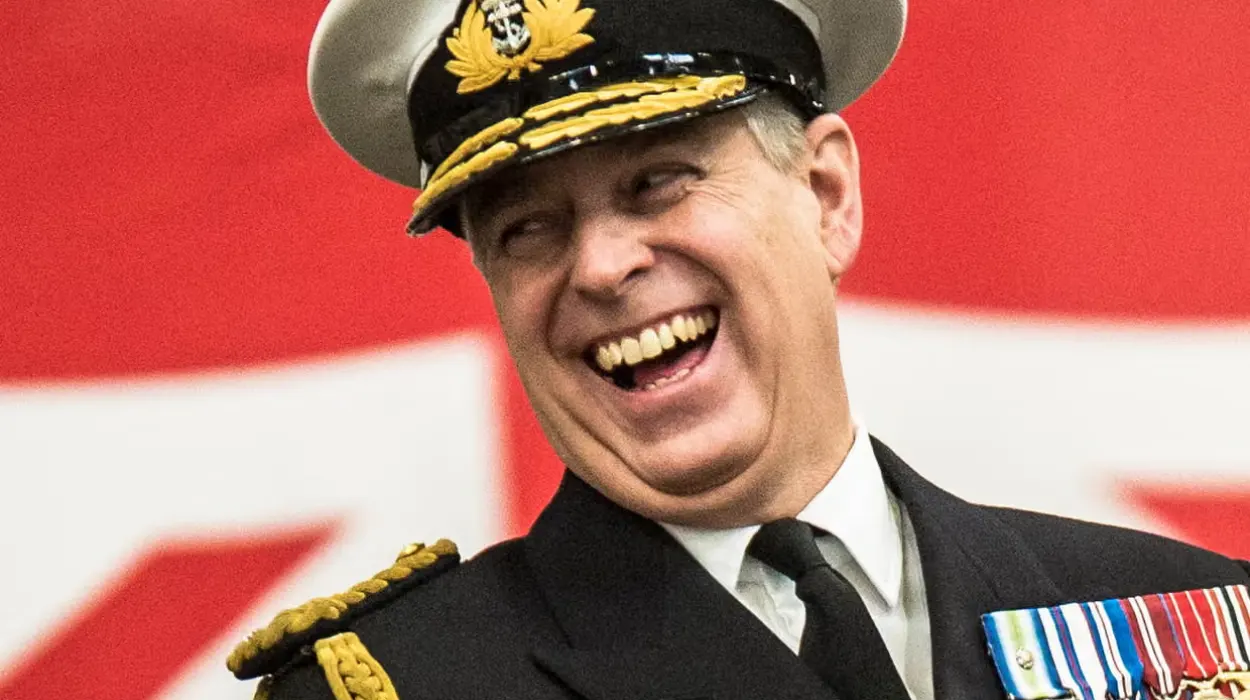England (Parliament Politics Magazine) – Prince Andrew has officially relinquished his royal titles and royal allowances, leaving questions about how he funds his high-profile lifestyle, including his vast Windsor residence and costly security. Despite losing taxpayer support, his financial sources include a mix of private investments, property leases, and controversial payments.
End of Royal Privileges and Financial Implications
In October 2025, Prince Andrew gave up his titles, including the Duke of York, following years of scandal tied to his association with Jeffrey Epstein. This decision marked a significant financial shift: Andrew lost the official £1 million annual royal allowance funded by taxpayers. He now relies chiefly on a modest naval pension of approximately £20,000. Without public funding, he must cover personal security costs estimated at over £3 million annually and the upkeep of his 30-bedroom Royal Lodge mansion in Windsor.
His lifestyle of privilege, once sustained by royal funds and titles, has become an expensive private affair, raising questions about his ability to afford such costs independently.
Housing and Property Arrangements
Prince Andrew resides at Royal Lodge, a grand 30-room mansion leased from the Crown Estate on a 75-year agreement until 2078. Notably, the rent is nominal, often described as “peppercorn rent,” meaning it is a very small or symbolic amount. This lease arrangement means Andrew can occupy one of the most valuable royal properties without paying market rent, a benefit not widely available without his royal connections.
Previously, Andrew sold another Windsor property, Sunninghill Park, in 2007 for a reported £15 million, exceeding the asking price. This significant sale injected liquidity into his finances and funded various personal expenditures.
Despite public and royal pressures for him to vacate Royal Lodge or start paying market rent, legal protections and lease conditions complicate efforts to remove him, allowing him to maintain residence under favourable terms.
Private Wealth and Controversial Payments
Prince Andrew’s net worth is estimated to be between £20 million and £30 million. Much of this is inherited wealth supplemented by investments and business dealings carried out over the years. His trading envoy role and private ventures contributed to these holdings.
However, his money trail includes controversial payments uncovered by court documents. After his 2019 Newsnight interview and withdrawal from public duties, he was paid tens of thousands of pounds by Adrian Gleave, associated with Alphabet Capital Ltd, a company linked to pension mis-selling fraud. He reportedly received £60,500 from this businessman shortly after retreating from royal life.
Further payments have been reported, including a £750,000 sum he later returned, highlighting opaque financial dealings that spur public scrutiny. These payments show a reliance on private business relationships that contrast with his prior royal financial support.
Public and Royal Family Response
King Charles and Buckingham Palace have engaged in private discussions about Andrew’s future, especially regarding his residency and ongoing security costs. While there is pressure for him to reduce public burden, eviction from Royal Lodge faces contractual challenges.
The continuation of his lifestyle without official support attracts significant media and public criticism. The broader royal family seeks to distance itself to protect its reputation, transforming Andrew’s situation into a symbolic and financial reckoning.
Prince Andrew’s finances reflect a complex mix of lost royal income, favourable property leases, private wealth, investments, and contested business payments. His ability to sustain a high-cost lifestyle without royal titles or public funds remains a subject of debate and public concern. Legal protections of his residence and the opacity of some financial arrangements add layers of mystery to how exactly he manages his money.


